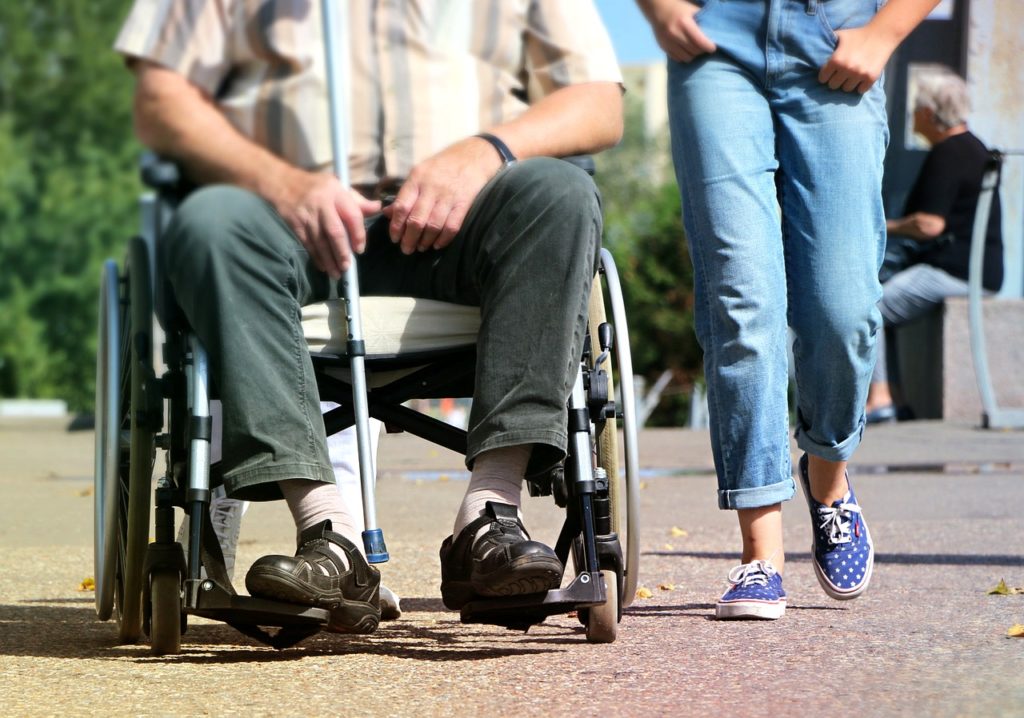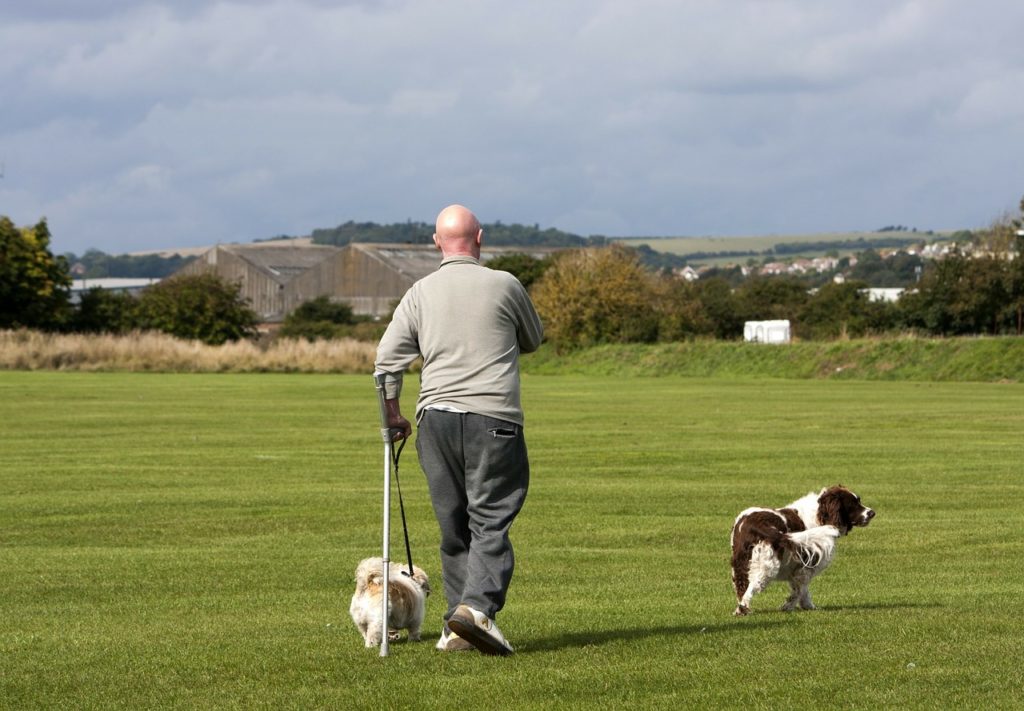In addition to being Hispanic Heritage Month, LGBT History Month, and Filipino American History Month, October is National Disability Employment Awareness Month (NDEAM). This month, we celebrate the contributions of workers with disabilities and educate everyone about the value of a workforce inclusive of their skills and talents. This year’s theme, “The Right Talent, Right Now,” emphasizes the critical role people with disabilities have in America’s economy.

In 2018, the U.S. Bureau of Labor Statistics reported that people with disabilities make up 19.1% of the employed population. It is clear that people with disabilities have a significant role in America’s workforce, however, many still face discrimination in the workplace. Recognizing this is particularly important for diverse older adults, since nearly half all people with a disability are aged 60 and older. Although there are protections that safeguard older adults with disabilities against workplace discrimination such as the Age Discrimination in Employment Act and Americans with Disabilities Act, age and disability are still prevalent factors for workplace discrimination with 16,911 and 24,605 complaints reported to the U.S. Equal Employment Opportunity Commission in 2018, respectively. Unfortunately, for diverse older adults, having a disability may be another reason for workplace discrimination.
The prevalence of disability discrimination in the workplace emphasizes the importance of NDEAM to celebrate the contributions of older adults with disabilities in the workplace, to educate about the value of a workforce that is inclusive of individuals with disabilities, and to help those who may be affected. For older adults with disabilities there are a wide range of programs and tools to help with housing, taxes, medical bills, caregiver support, and more. Some of these resources are listed below:
- USA.Gov Disability Services: Provides information and connects individuals to federal and state resources for benefits and insurance, financial assistance and support services, housing, transportation, jobs and education, caregiver support, and how to file a work complaint.
- Administration for Community Living Aging and Disability Networks: The aging and disability networks are made up of local, state, and national organizations and committed advocates working to support older adults and people with disabilities.
- US Department of Health & Human Services Programs for People with Disabilities: Locates resources and programs that improve the well-being of people with disabilities. Provides translated information for Spanish speaking individuals.

The truth is, older adults with disabilities continue to make many valuable contributions to America’s workplace, despite discrimination. According to the U.S. Department of Labor’s Job Accommodation Network annual report, the benefits of hiring individuals with disability outweighed the cost with an increase in productivity, decrease in training cost, and a reduction an employee turnover. In addition, workers with disabilities were described as reliable, loyal, and hardworking. Through research, it is evident that older adults with disabilities contribute to a positive work environment, yet we let negative perceptions of aging and disability dictate our decisions. During this year’s National Disability Employment Awareness Month we should all be advocating for a workforce inclusive of older adults with disabilities. It is up to us to resolve perceptions around aging and disability.
The opinions expressed in this article are those of the author and do not necessarily reflect those of the Diverse Elders Coalition.

